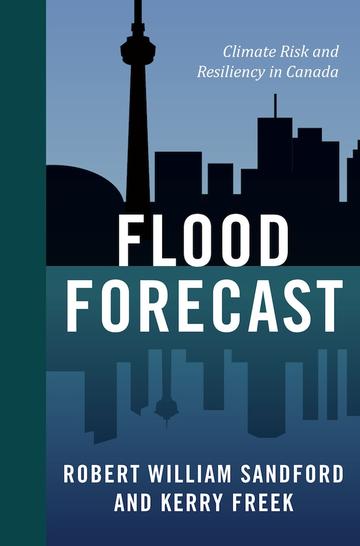About BC Books Online
BC Books Online was created for anyone interested in BC-published books, and with librarians especially in mind. We'd like to make it easy for library staff to learn about books from BC publishers - both new releases and backlist titles - so you can inform your patrons and keep your collections up to date.
Our site features print books and ebooks - both new releases and backlist titles - all of which are available to order through regular trade channels. Browse our subject categories to find books of interest or create and export lists by category to cross-reference with your library's current collection.
A quick tip: When reviewing the "Browse by Category" listings, please note that these are based on standardized BISAC Subject Codes supplied by the books' publishers. You will find additional selections, grouped by theme or region, in our "BC Reading Lists."
Provocative, passionate and populist, RMB Manifestos are short and concise non-fiction books of literary, critical, and cultural studies.
Hydro-climatic change is no longer an abstract or theoretical concept if you have been directly affected by the increase in the duration and intensity of extreme weather. In this new RMB manifesto, two of Canada’s most respected water experts explain what is happening to the hydrological cycle by way of the very personal impacts that disastrous flooding had on them, their colleagues, neighbours, friends and family. Detailing events as the rain started to fall and the water began to rise, Kerry Freek provides an extraordinary narrative of the flooding that took place in downtown Toronto in July of 2013, while Robert Sandford provides a minute by minute account of what happened in June of 2013 throughout southern Alberta.
The exceptional flooding detailed in this startling new book is nothing compared to what the atmosphere is capable of delivering in the future. Extreme weather events are making it clear that it’s time to take climate change even more seriously than previously thought and that citizens, corporations and governments around the world must prepare for what many observers are now calling “the new normal” when it comes to major meteorological events.



